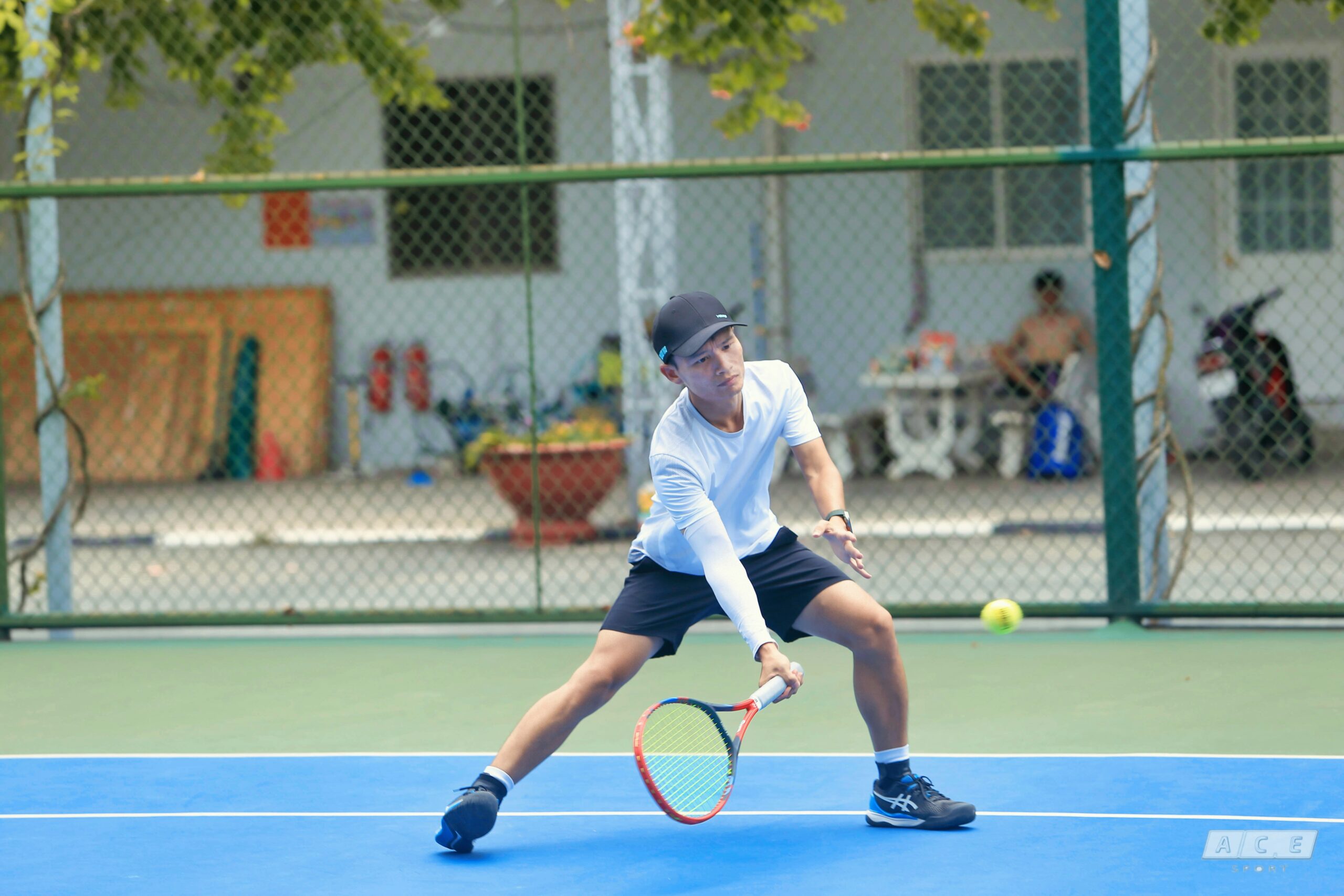
Tennis is often regarded as an individual sport, where players compete against each other on the court. Still, beneath the surface, it is a sport that nurtures camaraderie and character in unexpected ways. While tennis players stand alone when facing opponents, the journey of becoming a skilled player is often shared with others—teammates, coaches, and supporters. In this article, we explore how tennis, despite its nature, helps build character and fosters a sense of teamwork and camaraderie.
The Balance of Individualism and Teamwork
Tennis may seem like a solo endeavor, but it demands teamwork, especially in doubles matches. Doubles play relies heavily on communication, trust, and a mutual understanding between partners. Each player is responsible for their performance, but success is ultimately a team effort. The relationship between doubles partners is a microcosm of broader teamwork. Partners must adjust to each other’s strengths and weaknesses, strategize together, and provide emotional support during challenging moments.
In singles play, although the player is alone on the court, the support system around them plays a crucial role. Coaches, training partners, and even family members contribute to a player’s growth and performance. Tennis, at its core, teaches players how to balance individual responsibility with the importance of building strong relationships and leaning on others for support when necessary.
Developing Resilience and Self-Discipline
Tennis is a mentally and physically demanding sport that requires a high level of discipline and focus. Players must develop resilience to stay focused during long matches, especially when they are down in score. The mental fortitude needed to overcome adversity in a game directly translates into personal growth. Whether it’s recovering from a missed shot or bouncing back after a tough loss, tennis teaches players how to maintain their composure and keep striving for excellence.
The sport also fosters a sense of self-discipline, as players must consistently practice and hone their skills. Tennis players follow strict training schedules, pushing their physical and mental limits. This dedication to improvement builds character, teaching athletes the importance of hard work, persistence, and setting goals. The lessons learned on the court—how to handle pressure, bounce back from setbacks, and remain focused—serve players in all areas of life.
Building Camaraderie Through Support and Encouragement
Although tennis is often played alone, camaraderie is an integral part of the sport. Tennis clubs, teams, and communities offer an environment where players can form strong bonds. Many players find lifelong friendships with fellow competitors. The shared experiences of training, competing, and overcoming challenges together create a sense of belonging. Coaches also play a vital role in this environment, providing not only technical guidance but emotional support.
Even in professional tennis, camaraderie shines through. While players are competing against each other, there is often mutual respect and admiration between them. Many top-tier athletes share tips, advice, and encouragement, recognizing that their journey is not just about individual success but about contributing to the tennis community as a whole. This sense of camaraderie helps players stay grounded, knowing they are part of something much bigger than themselves.
The Role of Sportsmanship and Respect in Tennis
Sportsmanship is one of the most important aspects of tennis, both on and off the court. Whether in a friendly match or a high-stakes tournament, players are expected to demonstrate respect for their opponents, the officials, and the game itself. The way a player handles winning and losing is a reflection of their character. Tennis encourages players to be gracious in victory and dignified in defeat, emphasizing the importance of respect in all interactions.
Furthermore, the culture of tennis promotes fair play and honesty. The rules of the sport, from line calls to dispute resolution, are designed to encourage integrity. Players are taught to compete fairly and uphold the values of the sport, which strengthens their sense of responsibility not just as athletes but as individuals who contribute positively to society.
The Lifelong Impact of Tennis on Character Development
Tennis is a sport that shapes character in lasting ways. The discipline, resilience, and teamwork learned through the game extend far beyond the court. Tennis teaches players the value of hard work and persistence, which are crucial traits in any area of life. The ability to overcome adversity, maintain a positive attitude, and collaborate with others are skills that can be applied in various contexts, including careers, relationships, and personal growth.
Moreover, the camaraderie built within the tennis community offers a support system that players can rely on throughout their lives. The friendships made through the sport often extend well past a player’s competitive years. Whether it’s reconnecting with former teammates or sharing experiences with new players, tennis creates a network of individuals who understand the value of teamwork, respect, and personal development.
While tennis may seem like an individual pursuit, it is a sport that builds character and fosters camaraderie. The balance between self-reliance and teamwork, resilience, and sportsmanship all contribute to the personal growth of players. Tennis teaches us that even in a solo sport, the bonds formed, the discipline learned, and the respect earned all serve to shape individuals into better athletes and people. Through tennis, players not only refine their skills but also develop the qualities that will help them succeed in life.